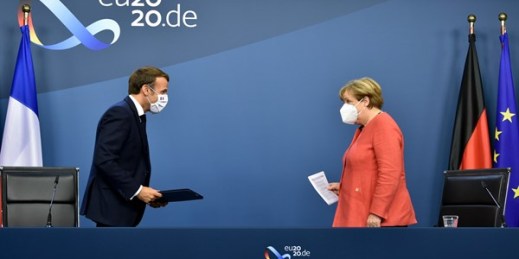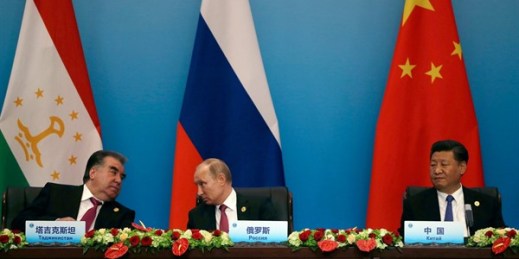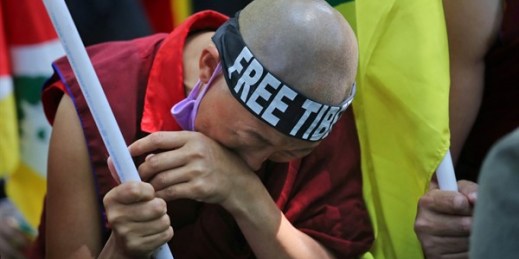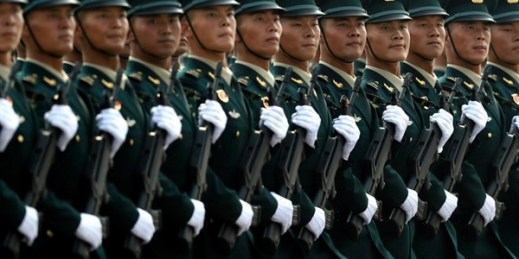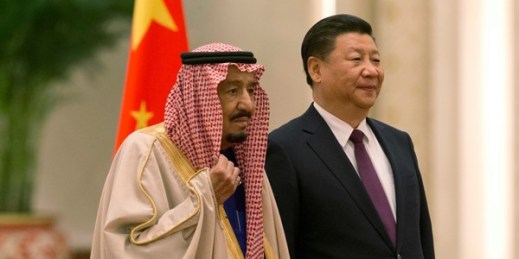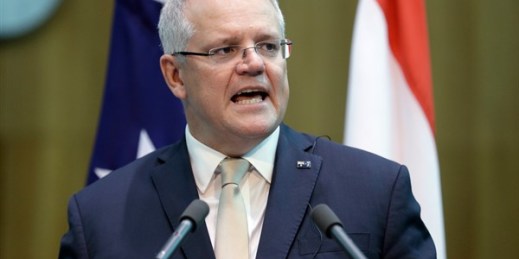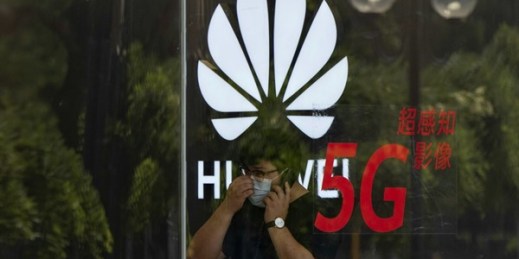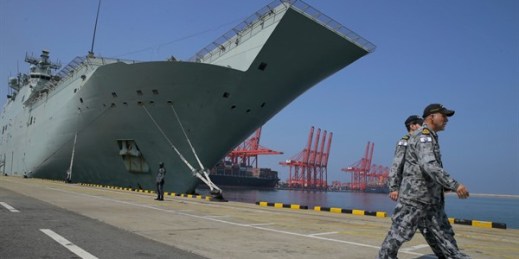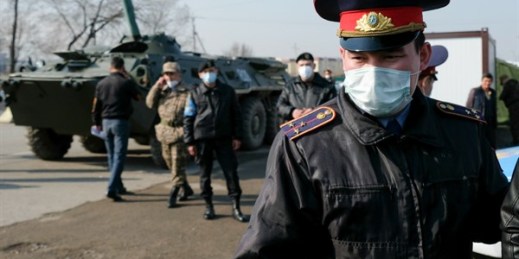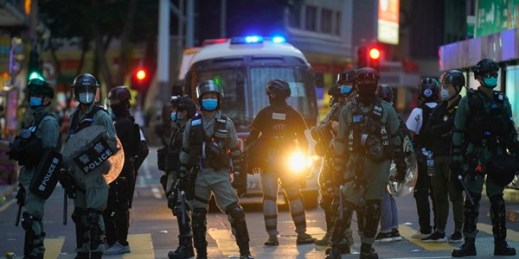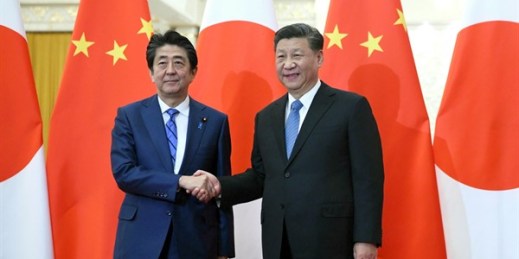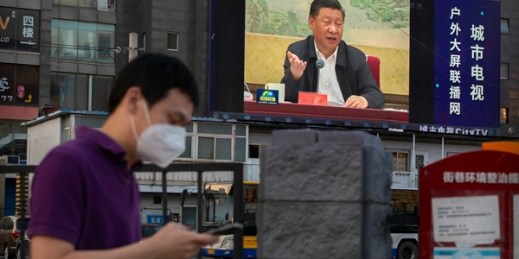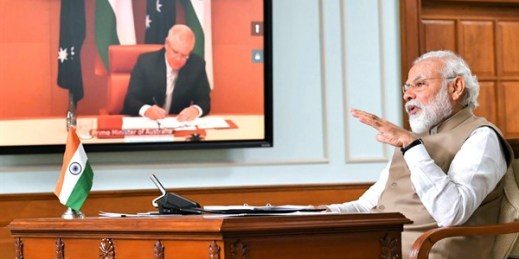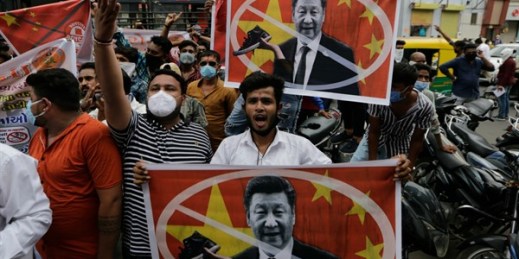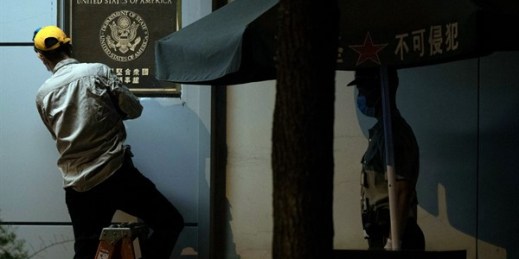
Editor’s Note: Every Wednesday, WPR Newsletter and Engagement Editor Benjamin Wilhelm curates the week’s top news and expert analysis on China. Plummeting relations between the United States and China hit a new low after the tit-for-tat closures of consulates in Houston and Chengdu last week. Though the closures are mostly symbolic, any détente between Washington and Beijing looks even more unrealistic now. With the U.S. presidential election just months away and President Donald Trump suffering in the polls, it has become increasingly difficult to guess what comes next. When the Trump administration ordered China to shut its consulate in Houston […]

